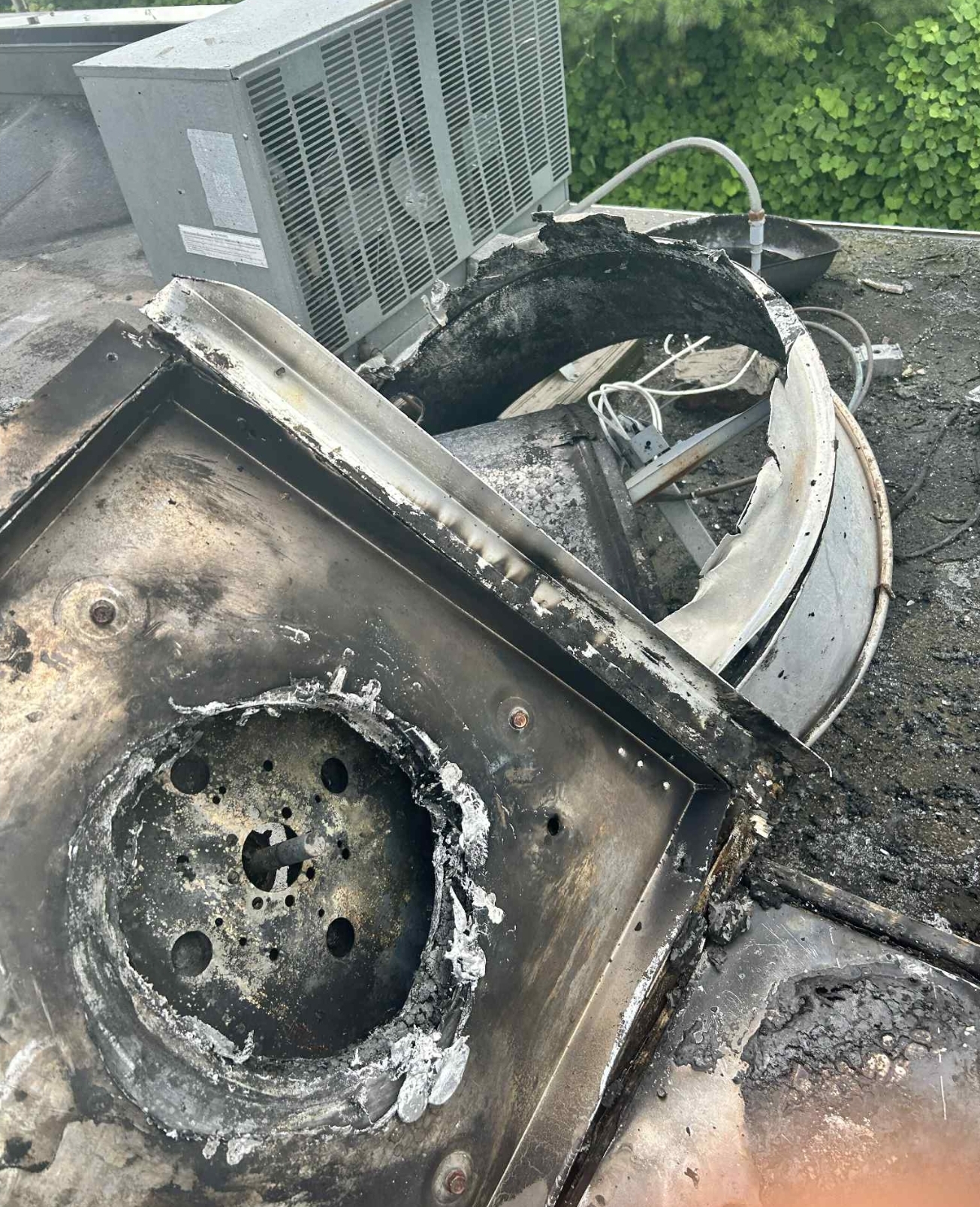The night sky: One of nature’s most wondrous gifts
Published 8:06 pm Monday, October 17, 2016
To the editor:
In response to Mr. David Friday’s recent communication, “Appearance Commission 20/20 Plan: “Dark Sky” Project,” (Oct. 2) concerning the preservation of dark skies in our community, I would like to say that I could not agree more.
I commend the Appearance Commission on their efforts to educate the public about the commonly overlooked problem of light pollution. This is something that is long overdue. There are many communities across the nation which now regret not pursuing this issue before it had gotten completely out of hand.
A dark sky is another one of our natural resources that is vanishing all too quickly. Will our children and grandchildren have the opportunity to walk outside at night and gaze upon the wonders of a truly dark sky like generations before them? Will they be able to see the vastness of the Milky Way spread across the sky above them?
As a native of Polk County, I can certainly see a large increase in the “sky glow” since my childhood. We are lucky though, in that there are still a few places left in the area that do offer a relatively dark sky, but that is fading rapidly with each passing year. Now is the time to act.
While some see the loss of one of our most beautiful natural resources (a dark starlit sky) as tangible and a minor annoyance, there is plenty of evidence that a brightening night sky does indeed negatively impact society, human health and nature itself.
This along with the increased energy consumption wasted on poorly planned and obtrusive lighting is more than enough reason to take the simple measures needed to protect this natural resource for future generations.
Much of the outdoor lighting used is grossly inefficient, overly bright, unshielded and usually poorly targeted. As Mr. Friday stated, it is a common misconception that more and brighter lighting makes us safer. But there is no conclusive evidence suggesting that’s true. In fact, glare from unshielded lights can create harsh shadows where criminals can hide. And bright lighting can even make it easier for criminals to work.
Shielding an outdoor lamp usually requires using a lower wattage bulb, which – in and of itself – is a big money saver. Shielding also reduces glare that can be dangerous and unsafe. Glare can be blinding and create harsh shadows where “bad guys” can hide. Shielded lighting provides real security, not just the illusion of security.
And this from the International Dark Sky Association…
“We now know that the color of light is also very important. Both LED and metal halide fixtures contain large amounts of blue light in their spectrum. Because blue light brightens the night sky more than any other color of light, it’s important to minimize the amount emitted. Exposure to blue light at night has also been shown to harm human health and endanger wildlife. It is desirable to use lighting that has a color temperature of no more than 3000 Kelvins.
Lighting with lower color temperatures has less blue in its spectrum and is referred to as being “warm.” Higher color temperature sources of light are rich in blue light. IDA recommends that only warm light sources be used for outdoor lighting. This includes LPS, HPS and low-color-temperature LEDs. In some areas, the white light of even a low-color-temperature LED can be a threat to the local nighttime environment. In those cases, LPS or narrow-spectrum LEDs are preferred choices.” (http://darksky.org/)
No one is suggesting that lighting is not needed. What is suggested is the sensible planning and implementation of outdoor lighting in a way that is properly shielded, and targeted to the intended area of illumination. Practically everything that needs lighting at night is at ground level, so why send stray light skyward?
Please consider sensible unobtrusive lighting not only for the energy savings but also in an effort to preserve one of nature’s most wondrous gifts, the night sky.
Randy Flynn
Columbus, N.C.





